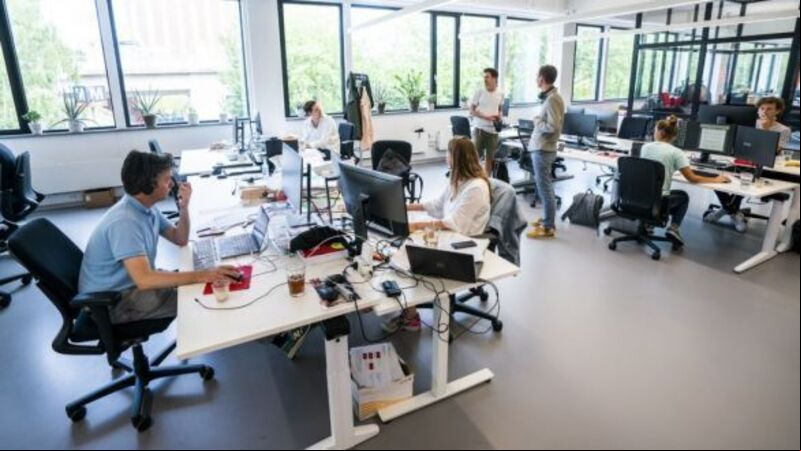Cost-of-living crisis lead cause of stress among employees, survey finds

Fiachra Gallagher
71 per cent of employees say that the cost-of-living crisis is the main source of stress or anxiety in their lives, according to a recently published survey.
The new figures, compiled from the Laya Healthcare Wellbeing Index, also found that 51 per cent of employees are worried about money.
Over half of those who responded to the survey – 56 per cent – are actively looking to change their role in order to secure a higher salary.
These figures correspond with a worrying trend in employee wellbeing: 35 per cent said they frequently feel concerned or anxious, while 29 per cent self-reported their mental health as being poor.
Other causes of stresses listed in the survey results included Ireland's economy and uncertainty about the future.
The survey also found that one in three business owners or HR leaders are concerned about the mental health of their employees, an increase of 18 per cent from six months ago.
Commenting on the figures, Sinead Proos, head of Health & Wellbeing at Laya Healthcare, said: "Our research shows a clear and sustained decline in employee mental health and employers need to take urgent action to provide s tailored to their needs."
Prof John Gallagher, a specialist in occupational medicine and founder of Cognate Medicine, said of the survey results: "The latest wave of research from the Laya Healthcare Workplace Wellbeing Index has shown an overall decline in mental health over the past six months, coinciding with the arrival of the cost-of-living crisis.
"This underpins the need for employers to introduce or reinforce their mental health s offering employees a first port of call to seek help if they need it."
Meanwhile, the research also found that a significant number of employees have returned to their workplace in the last six months.
Some 60 per cent of employees are now back in the workplace full time, with 1 in 4 employees choosing to work hybrid, and 15 per cent choosing to work remotely full time.
Staff on average are working 2-3 days in the workplace with the rest from home and are more likely to have a choice of what days they work on site rather than being mandated by their company.
Hybrid workers are more likely to have had higher job satisfaction in the last six months, driven by better work-life balance (63 per cent), flexibility (56 per cent) and less commuting (50 per cent).









